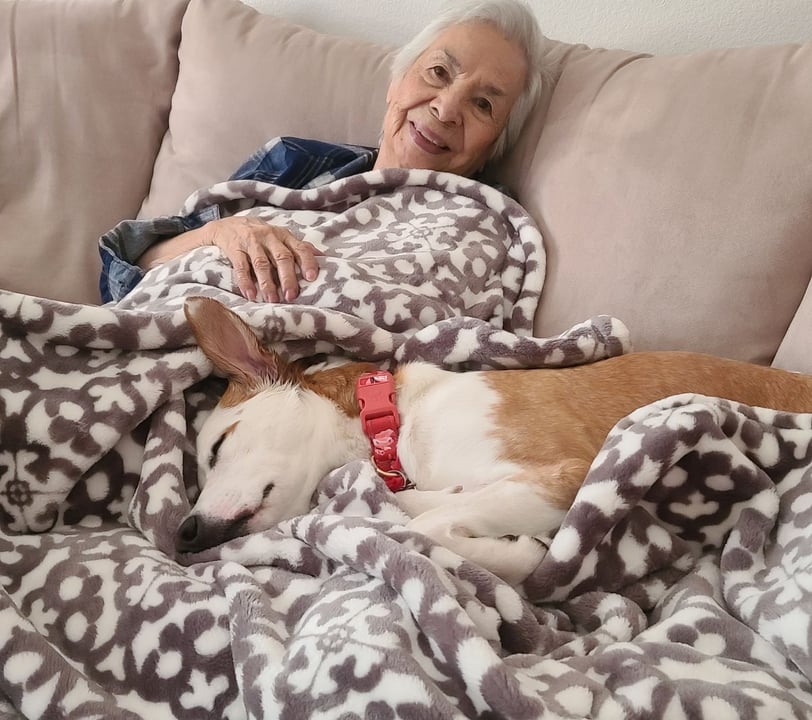Understanding Why Alzheimer's Patients Often Feel Cold
ALZHEIMERSFEATURE
Wesley Harrison
2 min read


Feeling Cold: A Common Phrase
"I am soooo cold" is a phrase frequently heard from elderly individuals suffering from Alzheimer's. Despite being dressed warmly, their extremities often feel icy, making their statements true. This recurring complaint can be perplexing for caregivers and family members, especially when they themselves feel quite warm.
Why Do Alzheimer's Patients Feel Cold?
Several factors contribute to the sensation of coldness in Alzheimer's patients. Poor circulation is a common issue, leading to cold hands and feet. Additionally, the body's ability to regulate temperature diminishes with age and cognitive decline. This means that even in a warm environment, an Alzheimer's patient might feel uncomfortably cold.
Another factor is their limited physical activity. Alzheimer's patients often have reduced mobility, which can further decrease their body temperature. All of these elements combine to make the statement "I'm cold, icy cold!" a frequent refrain.
Effective Ways to Keep Them Warm
Providing a blanket seems like an obvious solution, but Alzheimer's patients tend to fidget, often resulting in the blanket being balled up and ineffective. Here are a few strategies to help keep them warm:
- Layered Clothing: Dress them in multiple layers of lightweight clothing that can trap heat more effectively than a single heavy layer.
- Heated Blankets: Consider using heated blankets or pads that stay in place even if they move around.
- Warm Drinks: Offering warm beverages can help raise their body temperature from the inside.
- Hand Warmers: Disposable hand warmers can be a great way to keep their extremities warm without the need for constant adjustment.
Communicating Comfort
It's important to acknowledge and validate their feelings of being cold. Even if you feel warm, responding with empathy can help them feel understood. You might say, "I know you feel cold, let's try this warm blanket," or, "How about a nice warm drink?"
Remember, their repeated statements of feeling cold are not just a quirk but a real discomfort. By understanding and addressing their needs, you can help provide the comfort they seek.
In conclusion, while hearing "I'm cold" repeatedly from an Alzheimer's patient can be challenging, there are practical steps you can take to help them feel warmer and more comfortable. With patience and empathy, you can make a significant difference in their daily comfort and well-being.
